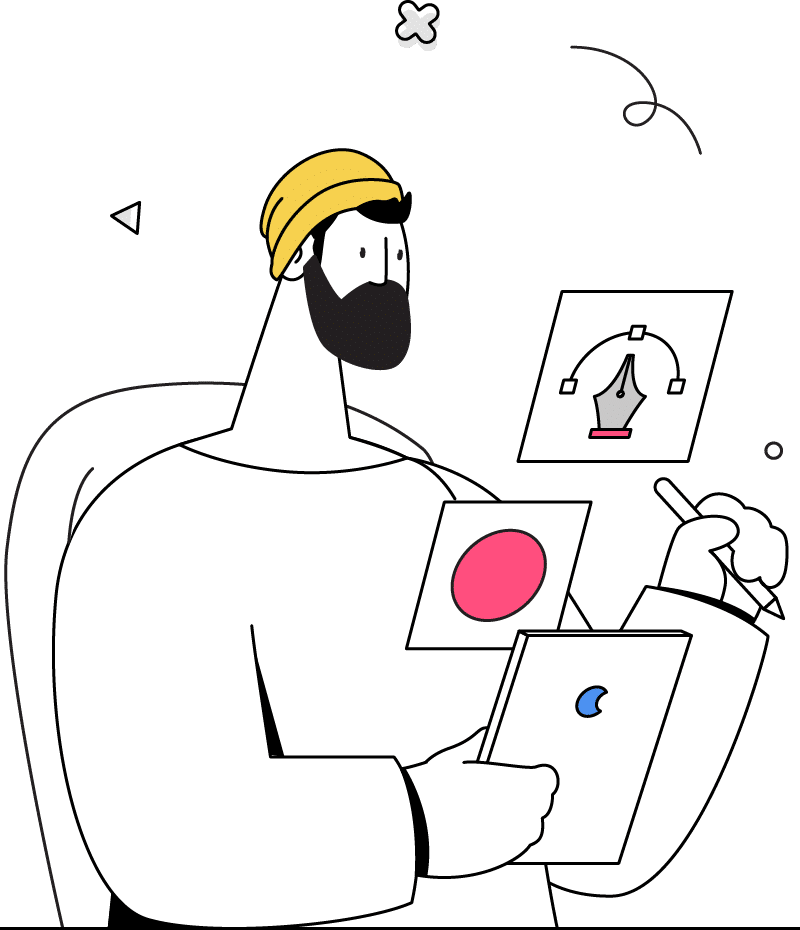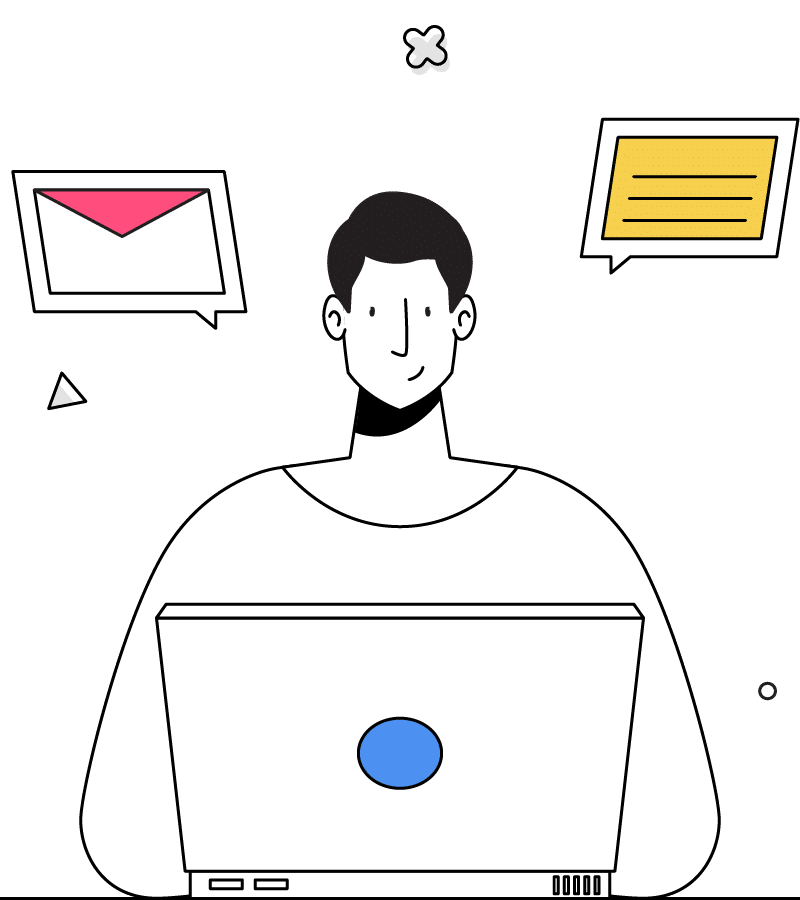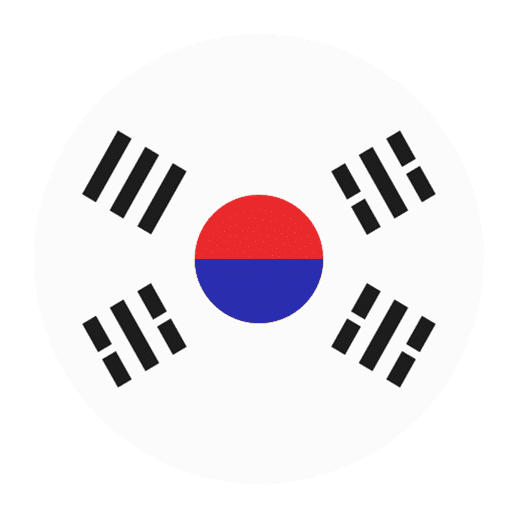KOREAN LEARNING WITH AI
At LinguaKorea, we harness the power of Artificial Intelligence to provide an immersive, personalized, and interactive experience in learning Korean. Say goodbye to one-size-fits-all methods and hello to a tailored approach that adapts to your unique learning style, pace, and goals. Join us on a transformative journey to master Korean with the innovative support of AI.


Personalized Learning Experience
One of the standout benefits of using AI in language learning is the ability to receive a fully personalized learning experience. At LinguaKorea, our AI-driven platform assesses your initial Korean language proficiency using sophisticated diagnostic tools. From there, it crafts a customized learning path just for you. It takes into account your strengths, weaknesses, preferred learning pace, and even your interests. This means every lesson, exercise, and feedback loop is tailored, keeping you engaged and motivated. The AI continuously analyzes your progress, adjusting the curriculum to challenge you at just the right level, helping you learn Korean more quickly and effectively than traditional language learning methods.
Constant Accessibility and Support
AI makes learning Korean accessible 24/7, eliminating limitations of time and location. Whether you’re an early bird or a night owl, LinguaKorea’s AI platform is always available, ready to assist with learning new concepts or revising previous lessons. Furthermore, AI-driven chatbots can provide instant feedback and support, which is crucial for language learners who need frequent practice and timely correction to develop fluency in Korean. This continuous interaction ensures consistent practice, which is key to effectively learning Korean. Alongside generating exercises and simulations that mimic real-life Korean conversations, the system also helps in building confidence and reducing the fear of making errors in real scenarios.

Challenges of Learning Korean
1. Why Learn Korean?
Learning Korean has become increasingly popular across the globe, driven by the rise of South Korean culture, including K-pop, cinema, and cuisine. For enthusiasts of Korean culture, understanding the language provides a deeper appreciation and connection to the content. Additionally, for professionals, learning Korean can open up significant career opportunities as South Korea is a major player in industries like technology, automobiles, and entertainment. The language itself is known for its unique script, Hangul, which is logically structured and can be learned relatively quickly compared to other Asian languages. This accessibility makes Korean a compelling choice for language learners seeking to expand their linguistic and cultural horizons.
2. Benefits of Learning Korean
Mastering Korean offers numerous cognitive and personal benefits. Firstly, it enhances cognitive abilities like problem-solving and memory retention due to the mental effort required to learn a new language structure and vocabulary. Socially, it allows for more meaningful interactions and connections with Korean speakers and a deeper understanding of Korean cultural nuances that are often lost in translation. Professionally, fluency in Korean is highly advantageous in the global job market, particularly in fields involving international trade, diplomacy, and cultural exchange. Learning Korean not only boosts your resume but also opens up a broader network of opportunities in both the corporate and cultural sectors.
3. How to Start Learning Korean
Embarking on your journey to learn Korean might seem daunting at first, but with the right resources and methods, it can be an enjoyable and fulfilling experience. Start with the basics of Hangul, the Korean alphabet, which can be mastered with just a few hours of study. From there, engaging with language learning apps, online courses, or local classes can provide structured learning pathways and interactive exercises. Additionally, immersing yourself in Korean media such as films, music, and books can enhance your listening and comprehension skills. For a more hands-on approach, language exchange meetups or traveling to Korea can offer practical experience and exposure to the language in everyday use.
FAQ
How long does it take to learn Korean?
The time it takes to learn Korean depends on your commitment and learning method. With regular study, basic conversational fluency can be achieved in a few months, while mastering more complex aspects of the language may take several years.
Is Korean a difficult language to learn?
Korean is unique and may present challenges, especially in grammar and pronunciation, for English speakers. However, Hangul is easy to learn, and many find the structured nature of Korean grammar logical once understood.
What are the best resources for learning Korean?
Top resources include language learning apps like Duolingo and Rosetta Stone, online platforms like Talk To Me In Korean and Coursera, and immersion through Korean media and books.
Are there any online Korean language communities?
Yes, numerous online communities and forums such as Reddit’s r/Korean, Discord language exchange servers, and iTalki can provide support and opportunities for practice.
Can learning Korean help with business opportunities?
Absolutely. Korean proficiency can offer competitive advantages, particularly in fields related to trade, tourism, technology, and international business with Korean companies.
What is the best way to practice Korean?
Practicing with native speakers through language exchange apps, attending language classes, and consuming Korean media like movies, music, and news are the most effective ways to improve your Korean language skills.
Learn Korean
Find out more about Korean learning.
Korean Theory
Find out more about Korean grammar theory.
Korean Exercises
Find out more about Korean grammar practice and exercises.

